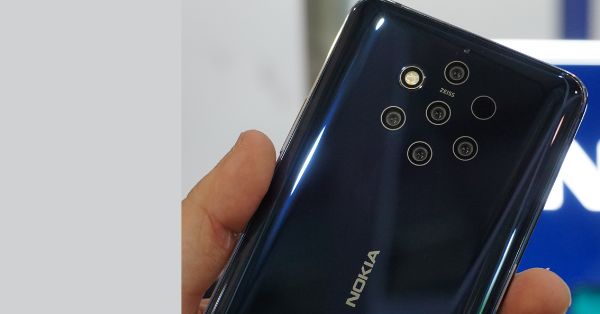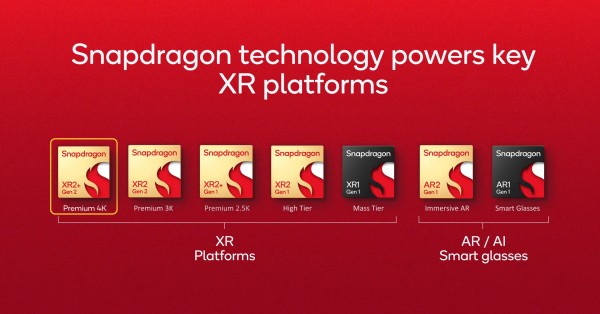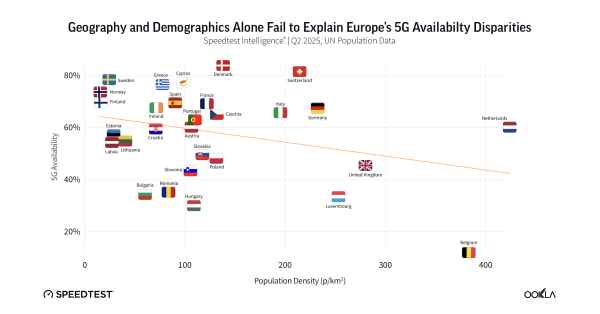Wireless pioneer Betacom, an accelerator of Industry 4.0 through private 5G wireless networks, announced that Teltech Group, a nationally-recognized leader in logistics/supply chain services, asset management, and technology solutions, is deploying Betacom 5G as a Service to automate its 200,000 square-foot warehouses in the Dallas/Fort Worth metropolitan area. The warehouse will also become a showcase for warehouse automation and Industry 4.0 IoT capabilities, with recent advances in warehouse automation including robots, drones, and automated forklifts enabled by private 4G/5G.
Founded in 1999, Native American and woman-owned Teltech provides a wide array of services, ranging from warehousing and third-party logistics solutions (3PL) to solar power system development, talent resourcing, and, recently, tethered drones that provide broadband in hard-to-reach places. With customers including government entities, commercial organizations, tribal nations, WISPs, and tier 1 telecommunications carriers, its resources under management are many and varied so the systems required to track and enable their movement and deployment are increasingly sophisticated.
“We all know that Wi-Fi is not the ultimate warehouse communications solution, especially when high security and low latency needs are taken into account,” said Danny Wade, Chief Operating Officer for Teltech. “A private 4G/5G network is a more secure and efficient environment for the work that we do to support our own customers.”
Teltech consolidated four Dallas/Fort Worth-area warehouses into a single warehouse in 2020, developing the entire space and supporting systems from scratch. The Betacom private 4G/5G network supports the company’s NetSuite Enterprise Resource Planning (ERP) system and enables enhanced scanning capabilities that greatly increase efficiencies in material receiving, order fulfillment and shipping. Airspan, a partner of Betacom and Teltech, provided the underlying radio access network (RAN).
“Using private 4G/5G, we are able to use the proper device applications for automated cycle counting of our inventory,” said Wade. “This provides a huge relief to us at the warehouse resource level. With private wireless, we are able to retain the accuracy we need in our inventory levels, without allocating costly and hard-to-acquire human resources, allowing us to keep them more focused on higher-performing functions.”
Private 4G/5G networks will be central to Teltech’s efforts to help regional tribal nations bridge the digital divide, a focused initiative for Lisa Hanlon-Knight, Teltech CEO and a citizen of the Cherokee Nation.
“Many people think of the tribal nations as well-funded by casinos, but those are just a very, very small group within tribal nations overall,” said Hanlon-Knight. “Most lack the funding to leverage technology to build something sustainable and bring workforce development and jobs back to their communities, despite a lot of available public funding. Tribal support for building out private networks, not just in the tribal lands but also municipalities, will help them retain their citizens and accelerate workforce development through education and training.”
“Teltech is leading the way in adoption and promotion of advanced technologies enabled by private wireless, increasing their own efficiencies while empowering others to do the same through ongoing awareness and education,” said Johan Bjorklund, CEO of Betacom. “I am very proud of the work we are doing together and look forward to working with them to bring more people to a clear understanding of the benefits of automation that will lead to the realization of Industry 4.0.”
About Betacom
Betacom offers the first fully managed private 5G network, building on its long history as a wireless infrastructure provider to AT&T, T Mobile, and Verizon. Founded in 1991 and headquartered in Bellevue, Washington, the company has regional offices throughout the country. Having completed more than 800 large-scale design and deployment projects, Betacom inspires confidence among their customers who have worked closely with them to meet their pressing high-performance connectivity needs. Its private 5G wireless service is the first managed service of its kind in the United States. For more information, visit http://www.betacom.com.






























